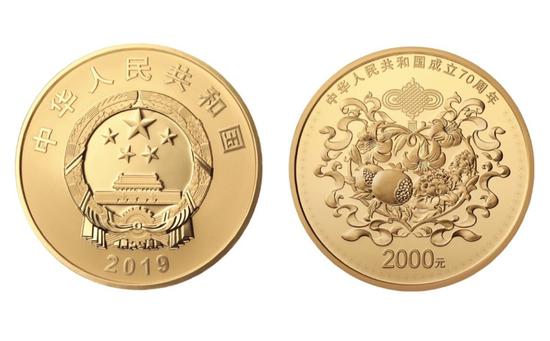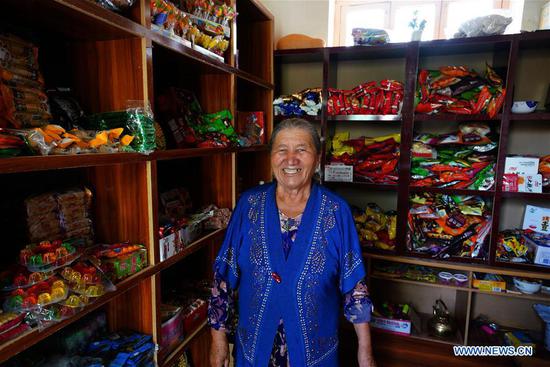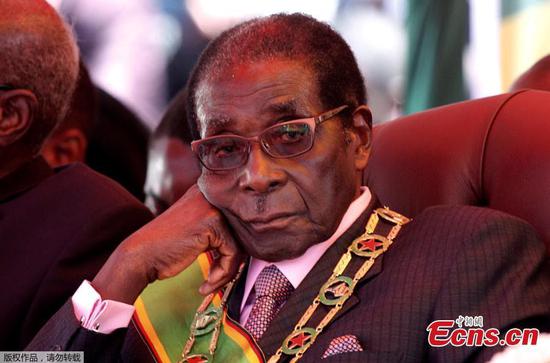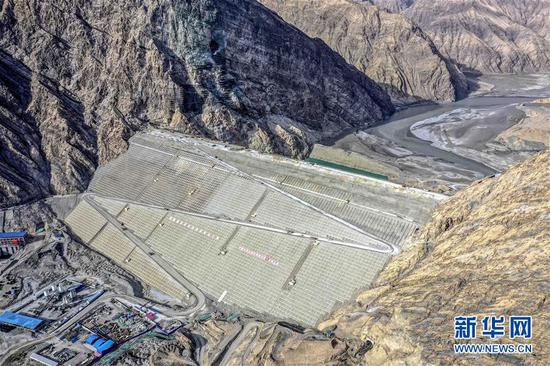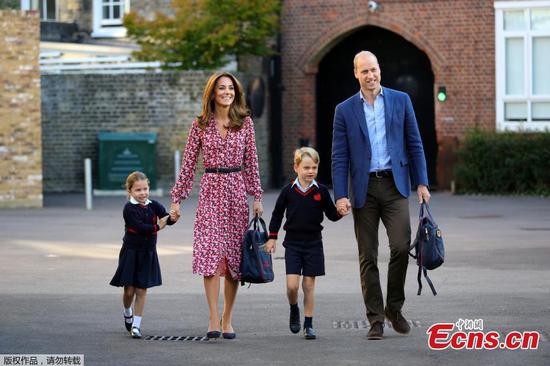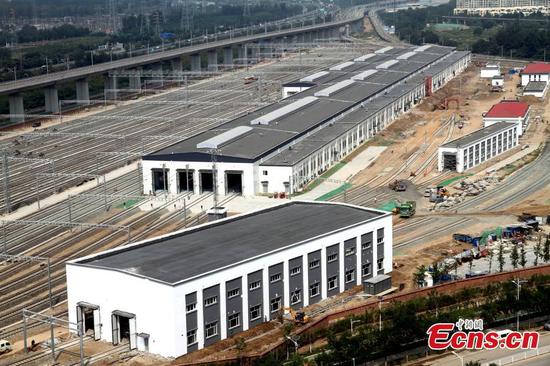China, Afghanistan and Pakistan called for the orderly and responsible withdrawal of foreign forces from Afghanistan to secure the stable transition of the situation there as the foreign ministers from the three countries met in Islamabad on Saturday.
For some time, significant progress has been made in negotiations between the United States and the Taliban, with principled consensus reached on signing a peace deal, State Councilor and Foreign Minister Wang Yi said at a joint news conference after the trilateral foreign ministers' dialogue.
The three countries called on the United States and the Taliban to continue the negotiations and implement an agreement, Wang said, according to the Foreign Ministry's website.
When asked about China's view on the Afghan situation, Wang said the future political arrangement of Afghanistan should have broad representation and inclusiveness to equally involve all factions and ethnic groups in political life.
It should firmly stick to fighting against terrorism and maintain a peace-and friendship-based foreign policy, he said.
Wang said that China, as a friendly neighbor and sincere friend of Afghanistan, will firmly stand with the Afghan people to contribute to the reconciliation and restoration process in Afghanistan.
He said the foreign ministers have agreed that the trilateral cooperation of China, Afghanistan and Pakistan has made positive achievements in facilitating domestic Afghan political reconciliation, enhancing regional connectivity and improving regional common development.
China, Afghanistan and Pakistan have agreed that their cooperation should be pushed forward under the Belt and Road Initiative, and they are willing to enhance connectivity, implement projects in the socio-economic sector and strengthen people-to-people exchanges, Wang said.
It has been agreed that the fourth China-Afghanistan-Pakistan Foreign Ministers' Dialogue will be held in China next year. The mechanism was established in 2017 as a platform to promote trilateral talks and cooperation.
This year's meeting came amid rising trends of unilateralism and protectionism in the world that threaten the interests of developing countries.
"The dialogue is one of the efforts made by China to help ease tensions and avoid intensified conflicts in South Asia," said Li Haidong, a professor of US studies at China Foreign Affairs University.
The situation in South Asia is currently undergoing profound and complicated changes, and Afghanistan is faced with both opportunities and challenges in realizing peace and reconciliation, Li said.
"China is making use of all existing mechanisms with countries in this region to promote mutual understanding and ease tensions there as a responsible country," he said.












